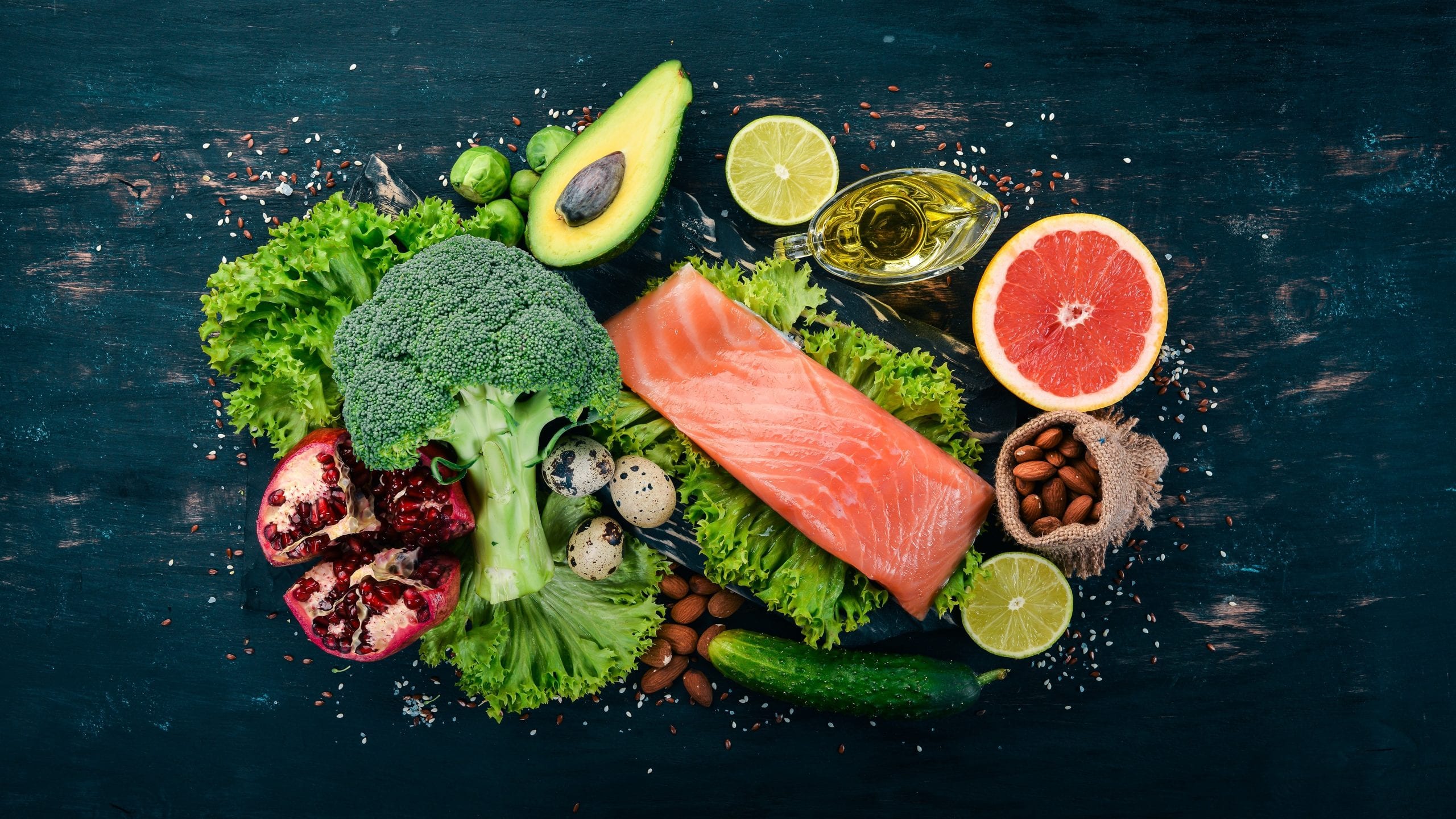
Regardless of when and where exams are a stressful time period for any student. Trying to catch up on all the material throughout the semester can be very difficult. During the exam period, the brain needs as much support as the body.
Proper nutrition is just as important as revision, if not more so, as it can be beneficial long after the exams are successfully passed. Both body and brain require fuel to keep themselves functioning.
Why Eat Healthy?
While it can be easy to fall back on processed foods and fast food, our bodies and, most important for a student, our brains are not made to endure that all the time. At the same time, proper and healthy food choices can help the body as well as the brain to optimally function. As such, it becomes all the more essential to maintain healthy eating habits in order to achieve peak performance, including exams.
Things to Remember
As much as healthy foods and proper food choices are beneficial, they are no substitute for a good revision! Even more so, having a balanced meal before an exam is going to be definitely healthy, but it will certainly not help when you cannot answer an exam question.
Trying to immediately change your food habits will not work immediately. Just like pulling all-nighters or cramming all of the revision in one session, it will not be a perfect solution. Eating healthy food is like writing essays for college students, but still, try to apply these healthy food choices gradually.
Top 10 Best Foods for Your Brain
The following list is the top 10 best foods for your brain, especially during an exam session. It is not an exhaustive list, as the choice of possible foods is truly endless. Nevertheless, here are some of our choices.
- Eggs. Good ol’ chicken eggs are a staple in many cuisines and is a common ingredient in many dishes. What is more important for your brain is that eggs are a source of vitamins, such as B-12 and B-6, both of which are beneficial for brain functioning.
- Fish. Not just any fish, but oily fish. Fish oil is one of the best sources of omega-3 acids, which, among many things, help form nearly every cell in our bodies and also stimulate blood flow to the brain, which most certainly can help with brain functioning.
- Coffee. A drink of choice for many, coffee contains caffeine and helps increase alertness and concentration, both of which are of great help during the exam session. Beyond that, coffee has been linked with staving off mental decline, especially over the long term.
- Broccoli. A vegetable nobody seems to like as a kid, broccoli is rich in vitamin K, which is essential for a number of cells within the brain and has been associated with improved memory and cognition.
- Dark chocolate. Just like coffee, dark chocolate helps stimulate brain activity with caffeine and antioxidants. Aside from boosting brain power with its active compounds, it also greatly improves the mood.
- Nuts. Similarly to fish oil, nuts, as well as seeds, are rich in omega-3 acids (specifically walnuts), in addition to improving health in general. Nuts also possess a higher content of vitamin E, also helping with slowing mental decline and improving brain functioning.
- Berries. Like dark chocolate, berries contain antioxidants which help improve cognition, in addition to improving brain plasticity and reversing mental degeneration. Strawberries, currants, and blueberries are some of the common choices.
- Avocados. While not directly linked with brain functioning or improved cognition, avocados are rich in healthy fats which are better nutritional choices for long-term health, including blood pressure. Higher blood pressure has been linked with mental decline, which avocados help avoid by reducing it.
- Whole grains. Similarly to nuts and seeds, whole grains generally contain a large amount of vitamin E, which helps with cognition. Whole grains include, among others, oatmeal, barley, bulgur wheat, and brown rice.
- Tomatoes. Rich in antioxidants such as lycopene, tomatoes are a good choice for improving mental functioning and staving off neurodegenerative diseases like Alzheimer’s and Parkinson’s.
Remember that there is no single “brain food” that will be a miracle fix. In order to truly benefit from them, these must be combined and taken over a long period of time. But, if the exams are still a while away, adding some of these foods can be just the edge one may need to pass them with a perfect score.








